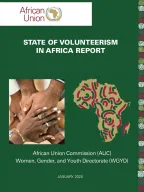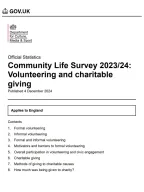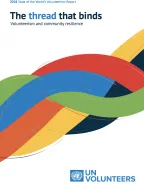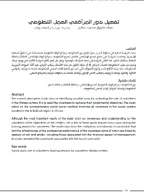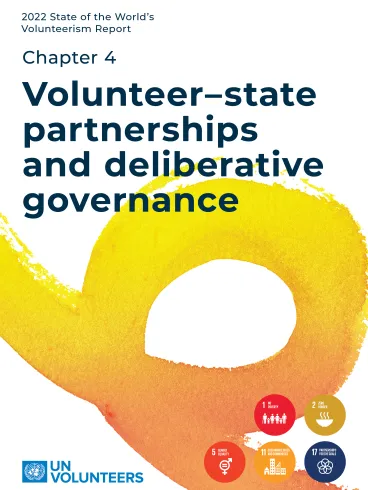
Volunteer–state partnerships and deliberative governance
Fast read
This chapter focuses on volunteer–state partnerships and deliberative governance within the context of communities in Global South countries and regions.
Synthesis
Drawing on case studies from the Democratic Republic of the Congo (DRC), Ecuador, Kyrgyzstan, Nepal and Tunisia, the chapter looks at how volunteer–state partnerships promote volunteers’ voices and agency while ensuring that volunteers from marginalized groups are included in decision-making processes across different settings.
The chapter explores how volunteers from marginalized groups, including indigenous communities (Nepal), rural women (Kyrgyzstan), farmers (DRC and Tunisia) and activists (Ecuador) collaborate with their governments to tackle a variety of issues, from agriculture (DRC), climate change (Ecuador and Nepal) and a water crisis (Tunisia), to women’s rights (Kyrgyzstan) and heritage conservation (Nepal).
The case studies illustrate how new ways of working that enable volunteers to play a greater role in decision-making alongside the state can make spaces more inclusive and contribute to outcomes that better respond to the needs of marginalized communities. This then provides the basis for a shift in power relations.













